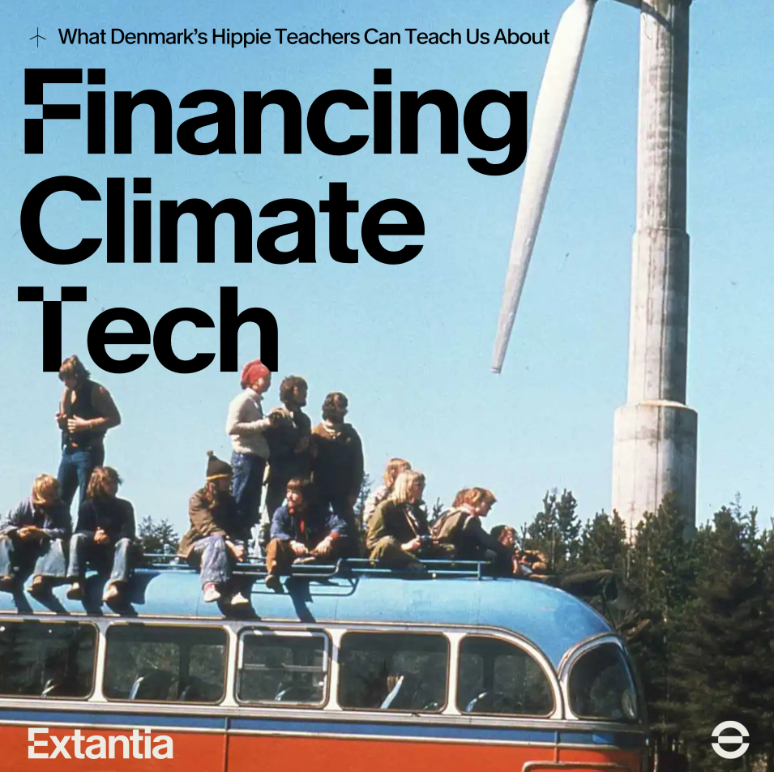Tech for Net Zero Alliance: Upcoming federal government must facilitate spin-offs of climate tech startups from research institutions
Technical innovations are a decisive contribution to climate neutrality. However, there is often a lack of knowledge transfer from research to practice. Spin-offs are too rare, patents too often gather dust in a drawer, potentials remain unused. It is the responsibility of policymakers to reduce barriers to spin-offs of climate tech startups and facilitate the development of climate technologies to market, according to the analysis of the Tech for Net Zero Alliance in its second thesis paper on the promotion of climate tech startups, published today.
Andreas Kuhlmann, Chairman of dena’s Executive Board, comments: “Technological innovations are an important key to climate neutrality. Many new and groundbreaking ideas are being generated at German research institutions in particular. The task now is to bring these to market maturity as quickly as possible and without any hurdles. Simplified political regulations are necessary here in the interest of climate protection so that these necessary innovations are not prevented.“
„German technology research has been a global brand for many years. To keep it that way, more climate technologies must be brought into the mainstream through easier and more frequent spin-offs. In this way, tax money is used more efficiently and serves the competitiveness of the German and European economy“, emphasizes Ann Mettler, Vice President Europe of Breakthrough Energy.
The Alliance has identified the following key recommendations for policy action:
- A gold standard should be created for spin-offs. Since German research institutions are largely financed by tax revenues, the state bears responsibility for the regulated use of funds. The standard aligns the interests and objectives of the stakeholders. Clear targets help scale climate technologies and prioritize climate goals over short-term revenues.
- The participation of the research institutions in the Climate Tech Start-Up should be set as low as possible in the single-digit percentage range. Currently, too high a shareholding often reduces the investment and growth potential of spin-offs. The short-term profit expectations of the research institutions stand in the way of successful growth. Tax-funded patent rights should be transferred to the technology start-up to ensure investment security.
- The alliance also recommends that research institutions forgo revenue sharing and royalties. The additional expenses block external financing and restrict necessary reinvestments. Climate technologies often compete with low-cost, fossil fuel products. In order to remain competitive, the selling price of the spin-offs must not be driven up additionally by the research institutions.
Background on the Tech for Net Zero Alliance
The Tech for Net Zero Alliance was initiated by Breakthrough Energy and dena. The alliance wants to show how better structural framework conditions for innovative climate technologies can be created in order to achieve the goal of climate neutrality in Germany. In addition to the two founding institutions, the alliance has so far included 24 organizations, including climate tech startups, investors, research institutions and think tanks. The alliance is supported in terms of content by 1.5°Ventures, a climate-tech venture builder from Berlin, as content partner. The project is funded by Breakthrough Energy.






